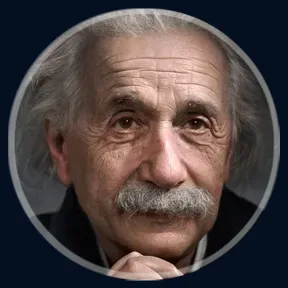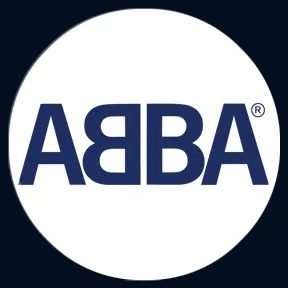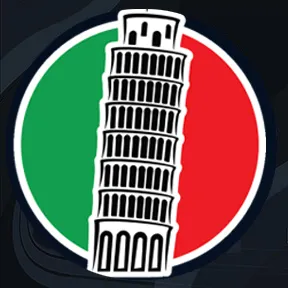Nobel Prize-winner Paul Nurse | The 5 Core Principles of Life
Nobel Prize-winning scientist Paul Nurse defines the 5 core principles of life.
What is the essence of being alive? This is the question that geneticist and cell biologist Paul Nurse dissects in his book What Is Life?
At the core of life is the cell, an entity that can grow, divide, and reproduce. Using yeast as a model organism, Nurse discovered a similarity in cell reproduction mechanisms between yeast and humans, hinting at a shared ancestral origin for all life.
This commonality extends to genes, the units of inheritance, first recognized in pea plants by Gregor Mendel. Charles Darwin's theory of evolution by natural selection proposes that life adapts and evolves, favoring traits, and the genes that encode them, that are advantageous for survival.
The essence of life, therefore, is a complex orchestration of chemistry and information management that allows organisms to adapt and persist through inheritance.
00:00 - The big question of biology
00:57 - 1. The Cell
02:41 - 2. The Gene
03:28 - 3. Evolution by natural selection
04:20 - 4. Chemistry
05:20 - 5. Information
06:27 - What is life?















































